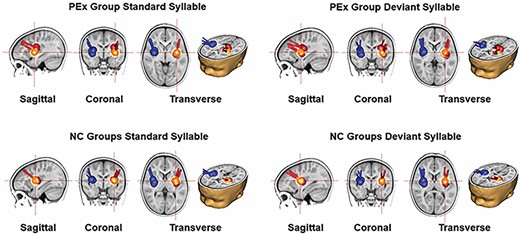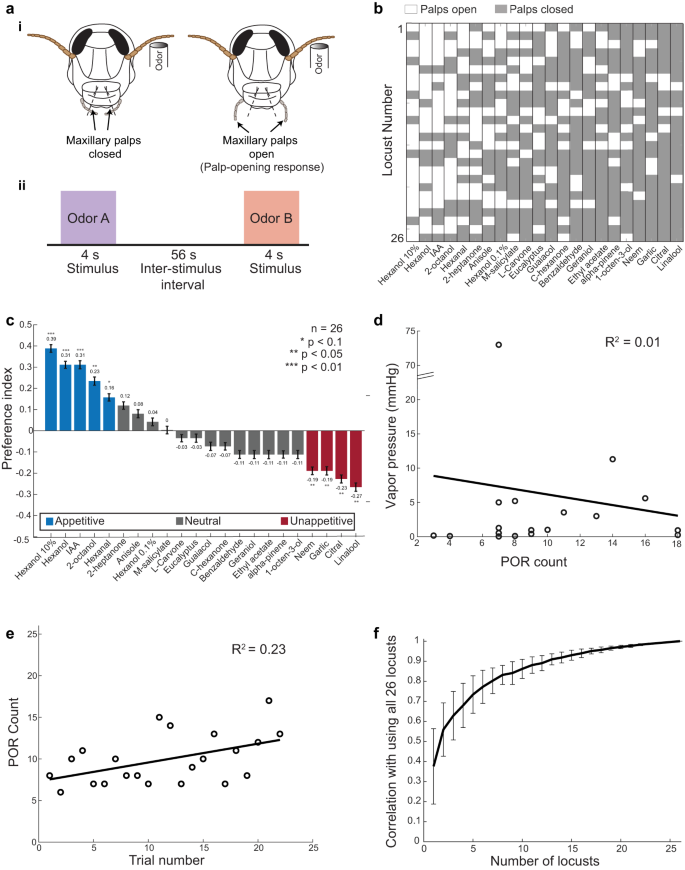2023-06-21 ラトガース大学
◆ラトガース大学ニューアーク校の神経科学者が行った研究によれば、赤ちゃんが週に一度、非話声音に被験させられると、音節の識別能力や言語スコアが向上することが示されました。
◆これにより、言語処理に関連する神経接続の形成が促進されることが判明しました。これは、赤ちゃんの言語発達に影響を及ぼす重要なステップであり、家庭でのサポートや診療所での介入につながる可能性があります。
<関連情報>
- https://www.newark.rutgers.edu/news/infant-exposure-brief-auditory-cues-can-support-language-development
- https://academic.oup.com/cercor/article/33/12/7595/7086052
乳幼児における受動的聴覚暴露の経験依存的効果は、シータ位相同期に影響を与え、その後の言語発達を予測する。 Experience-dependent effects of passive auditory exposure in infants impact theta phase synchrony and predict later language
Silvia Ortiz-Mantilla, Cynthia P Roesler, Teresa Realpe-Bonilla, April A Benasich
Cerebral Cortex Published:25 March 2023
DOI:https://doi.org/10.1093/cercor/bhad063

Abstract
The establishment of cortical representations critical for mounting language is supported by both ongoing neural maturation and experience-expectant plasticity as infants increasingly recognize the linguistic events that occur most often in their surrounding environment. Previous research has demonstrated that enhanced efficiency of syllabic representation and discrimination is facilitated by interactive attention-driven, nonspeech auditory experience. However, experience-dependent effects on syllable processing as a function of nonspeech, passive auditory exposure (PAE), remain unclear. As theta band-specific activity has been shown to support syllabic processing, we chose theta inter-trial phase synchrony to examine the experience-dependent effects of PAE on the processing of a syllable contrast. Results demonstrated that infants receiving PAE increased syllabic processing efficiency. Specifically, compared with controls, the group receiving PAE showed more mature, efficient processing, exhibiting less theta phase synchrony for the standard syllable at 9 months, and at 18 months, for the deviant syllable. Furthermore, the PAE modulatory effect on theta phase synchrony at 7 and 9 months was associated with language scores at 12 and 18 months. These findings confirm that supporting emerging perceptual abilities during early sensitive periods impacts syllabic processing efficiency and aligns with literature demonstrating associations between infant auditory perceptual abilities and later language outcomes.


